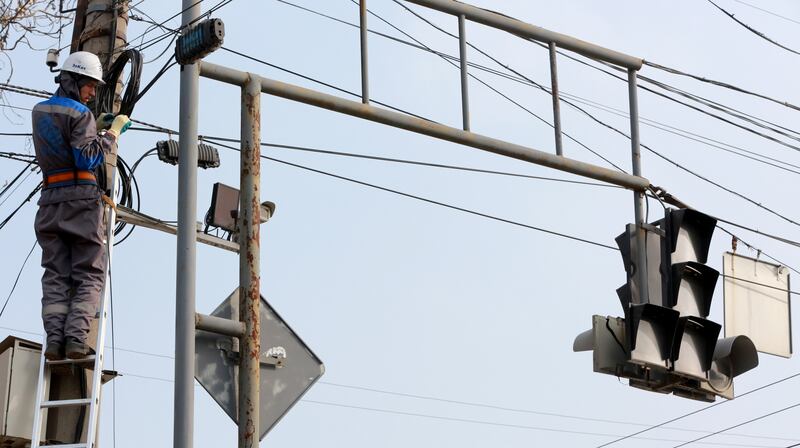Abu Dhabi's clean energy company Masdar and France’s EDF have signed an agreement with Kyrgyzstan to explore the development of hydropower and renewable projects with a combined capacity of up to 3.6 gigawatts in the country.
The deal represents Masdar’s entry into hydropower, which uses the natural flow of moving water to generate electricity.
“At Cop28, it will be incumbent on the world to utilise all clean energy sources at its disposal to keep the ambition of limiting global temperature rises to 1.5°C within reach,” said Dr Sultan Al Jaber, Cop28 President.
“Hydropower is one of the oldest clean energy sources and has many positive attributes that can help a number of countries around the world achieve their climate goals and meet their net-zero targets,” said Dr Al Jaber, who is also the Minister of Industry and Advanced Technology and the chairman of Masdar.
Kyrgyzstan is aiming to reduce its greenhouse gas emissions by as much as 44 per cent by 2030 and achieve carbon neutrality by 2050.
The country’s hydro-rich energy sector is characterised by ageing infrastructure and significant losses, which are exacerbated by weather-related shocks and growing demand.
Kyrgyzstan relies on oil and gas imports for more than half of its energy needs, particularly during the winter months, when hydropower production is low.
“This agreement represents a new chapter for Masdar in our clean energy journey,” said Mohamed Al Ramahi, chief executive of Masdar.
The agreement deepens the “strong relationship between the UAE and the Kyrgyz Republic”, he added.
Masdar, which is active in more than 40 countries, aims to expand its capacity to about 100 gigawatts of renewable energy by the end of the decade. It is also aiming for green hydrogen production of one million tonnes a year by 2030.
It is expanding operations globally to achieve those objectives.
On Sunday, the company announced plans to develop a 150-megawatt solar power plant in Angola, which will help the southern African country to provide electricity to 90,000 homes and reduce emissions.
As part of the concession agreement signed with Angola’s Ministry of Energy and Water, Masdar will build and operate the ground-mounted solar power project in the country's Quipungo region.
Once completed, the solar unit will displace more than 224,000 tonnes of carbon emissions every year, the equivalent of removing 50,000 cars from the roads.






